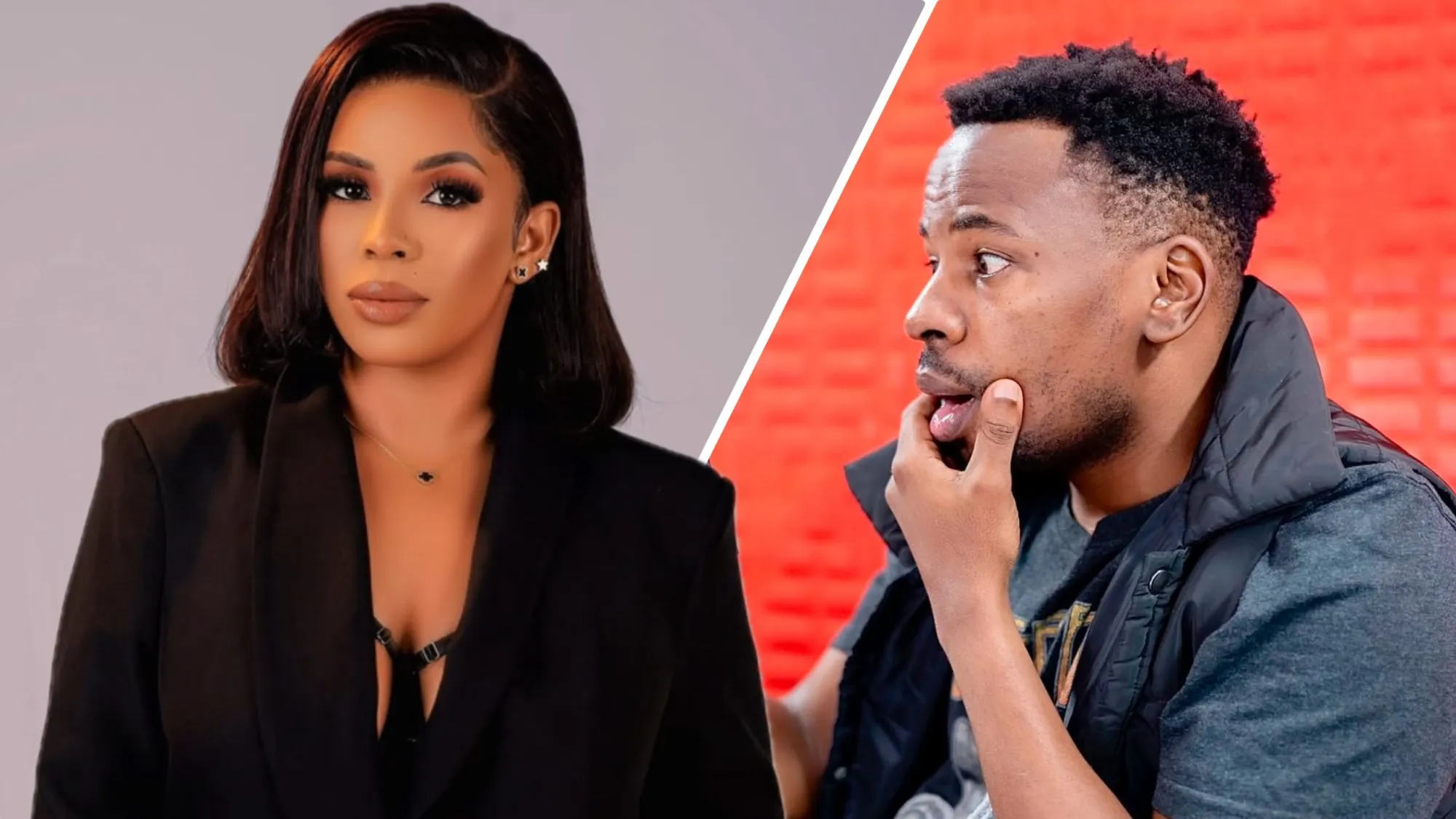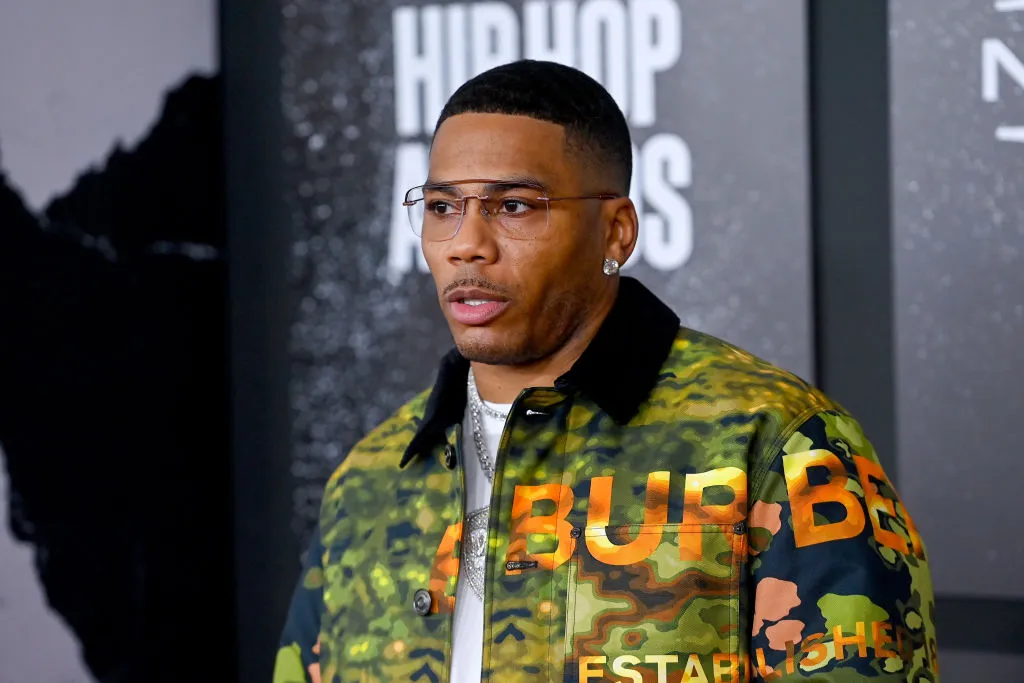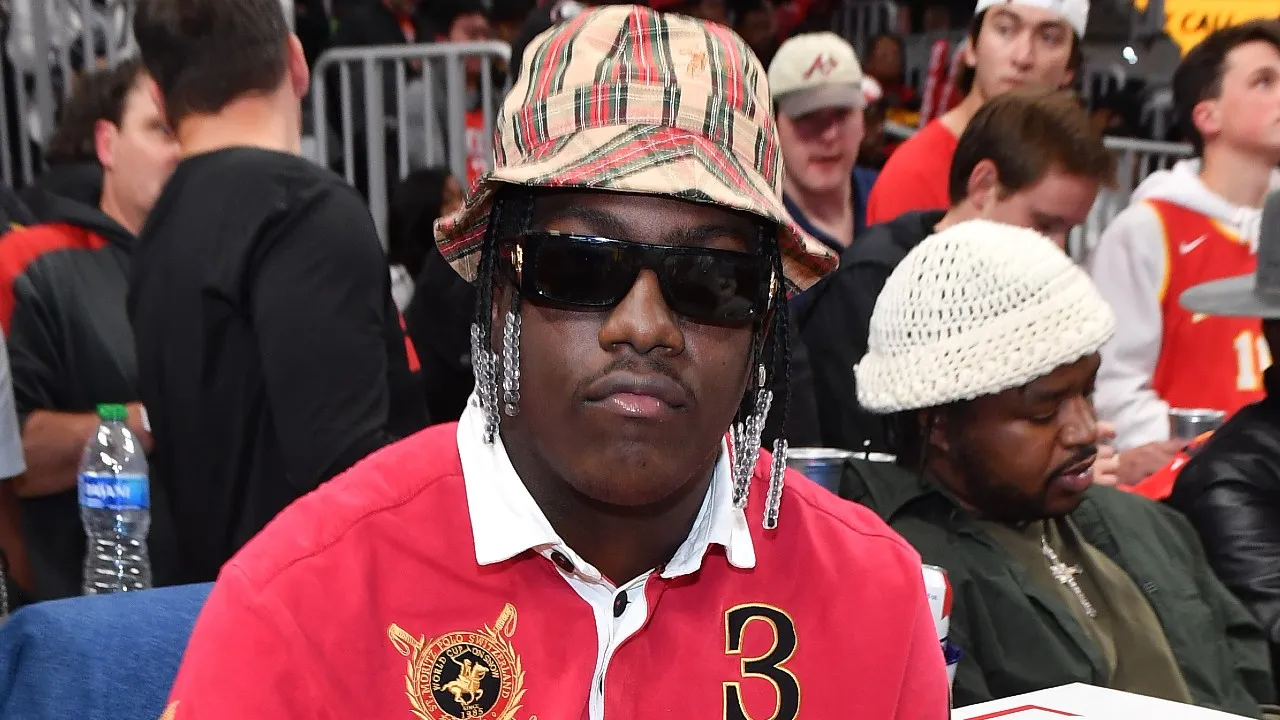Ye has responded to an open letter from music executive Lyor Cohen, who urged him to use his platform to “heal and inspire” rather than perpetuate harmful rhetoric. Instead of addressing Cohen’s specific criticisms, Ye’s since-deleted Instagram post took a confrontational tone, calling out Cohen and others in the music industry.
“You and your whole industry have promoted and got paid off songs where Black people glorify killing each other,” Ye wrote, adding, “But my t-shirt is the worst thing ever. All of y’all are like girls who don’t take accountability. It’s a double standard.”
The post also veered into unrelated accusations, referencing the late Irv Gotti, designer Tory Burch, and alleging extortion attempts. Ye concluded his tirade with explicit language aimed at Cohen and partially directed at Gotti.
Cohen’s Letter and Criticism of Ye’s Controversy
Cohen, a Def Jam veteran and co-founder of 300 Entertainment, expressed his concerns about Ye’s use of Nazi symbols and antisemitic rhetoric, calling it troubling. In his letter, Cohen praised Ye’s artistic influence but criticized his recent behavior, saying, “You’ve chosen a path that sows discord and perpetuates harmful stereotypes.”
Cohen, now the global head of music at YouTube, has a history with Ye dating back to the rise of The College Dropout. However, their relationship has seemingly fractured amidst Ye’s increasingly polarizing actions and statements.
A History of Controversy
Ye’s recent comments and actions, including an attempt to sell swastika-themed t-shirts at his Yeezy store, have drawn widespread backlash. His use of Nazi symbols and inflammatory rhetoric has alienated many fans and collaborators, leading to public criticism from figures like Cohen.
In 2018, Ye made headlines when he wore a MAGA hat during a now-infamous appearance on Saturday Night Live. That moment, paired with his support for controversial figures and divisive commentary, has defined much of his public image in recent years.
Industry Hypocrisy?
While Cohen criticized Ye for his actions, Ye’s post accused the music industry of profiting from violence and negative stereotypes in hip-hop. His claims point to a broader conversation about the industry’s role in shaping cultural narratives and whether it holds itself accountable for its impact.
As the fallout continues, Ye’s latest response underscores the complex and often contentious relationship he has with his critics, former collaborators, and the music industry at large.














